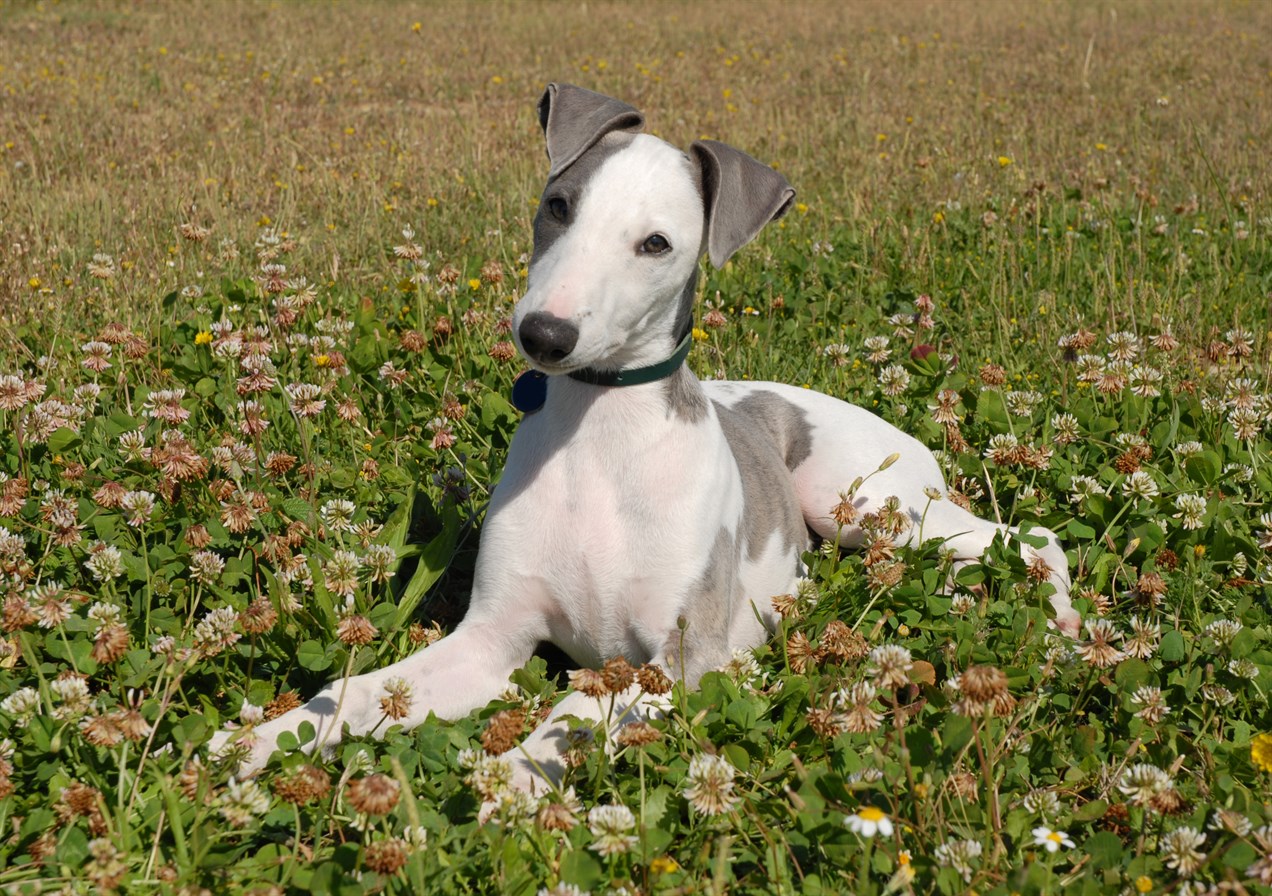Feeding Habits and Food Requirements of Whippets

Whippets, like all dogs, have specific feeding habits and dietary requirements that play a crucial role in their overall health and well-being. Understanding their nutritional needs and feeding habits is essential for providing the best care for your Whippet.
Dietary Requirements
- Protein: Whippets require a diet with a balanced amount of high-quality protein to maintain their lean muscle mass. Protein sources can include lean meats, poultry, fish, and plant-based options like legumes and grains.
- Fat: Adequate dietary fat is important for Whippets as a source of energy. High-quality fats like those found in chicken, fish, and healthy oils (e.g., fish oil or flaxseed oil) can support their active lifestyle and maintain their sleek coat.
- Carbohydrates: Carbohydrates provide energy for daily activities. While Whippets don't require excessive carbohydrates, including complex carbohydrates like brown rice, sweet potatoes, and vegetables can be beneficial.
- Fibre: Fibre helps maintain healthy digestion. Whippets typically do well with a moderate amount of dietary fibre, which can be obtained from fruits and vegetables.
- Vitamins and Minerals: Whippets need a well-balanced diet rich in essential vitamins and minerals. Commercial dog foods formulated for all life stages usually provide the necessary nutrients. However, consult with a veterinarian to ensure your Whippet's specific nutritional needs are met.
Feeding Habits
- Meal Frequency: Whippets generally thrive on a consistent meal schedule. Most owners feed their Whippets two meals a day, although some may prefer three smaller meals. Puppies and very active Whippets may require more frequent meals.
- Portion Control: Portion control is crucial to prevent overeating and obesity, which can be a concern in this breed. Follow the recommended feeding guidelines on the dog food packaging, but adjust portion sizes based on your Whippet's age, activity level, and individual metabolism.
- Fresh Water: Provide fresh and clean water at all times. Hydration is essential for your Whippet's health, especially if they are active or during hot weather.
- Avoid Free Feeding: Free-feeding, or leaving food out for your Whippet to eat at will, is generally discouraged. Controlled meal times help you monitor their food intake and maintain a healthy weight.
- Treats: Treats can be used as rewards during training or as occasional snacks. Be mindful of the number of treats given, as excessive treats can contribute to weight gain.
Special Dietary Considerations
- Sensitive Stomachs: Some Whippets may have sensitive stomachs or food allergies. If your Whippet experiences digestive issues or allergies, consult with a veterinarian to determine the best diet and food choices.
- Weight Management: Whippets have a lean build, and maintaining a healthy weight is crucial to prevent joint and muscle issues. Regularly monitor their weight and adjust their diet as needed to keep them within a healthy weight range.
- Life Stage: Whippets have different dietary requirements at various life stages. Puppies, adults, and seniors may have unique nutritional needs, so choose a suitable food formula for their age.
In conclusion, providing your Whippet with a balanced and appropriate diet is essential for their health and vitality. Understanding their dietary requirements, establishing a consistent feeding routine, and monitoring their weight are essential aspects of responsible Whippet ownership. Consult with a veterinarian to ensure you're meeting your Whippet's specific dietary needs and maintaining their overall health.